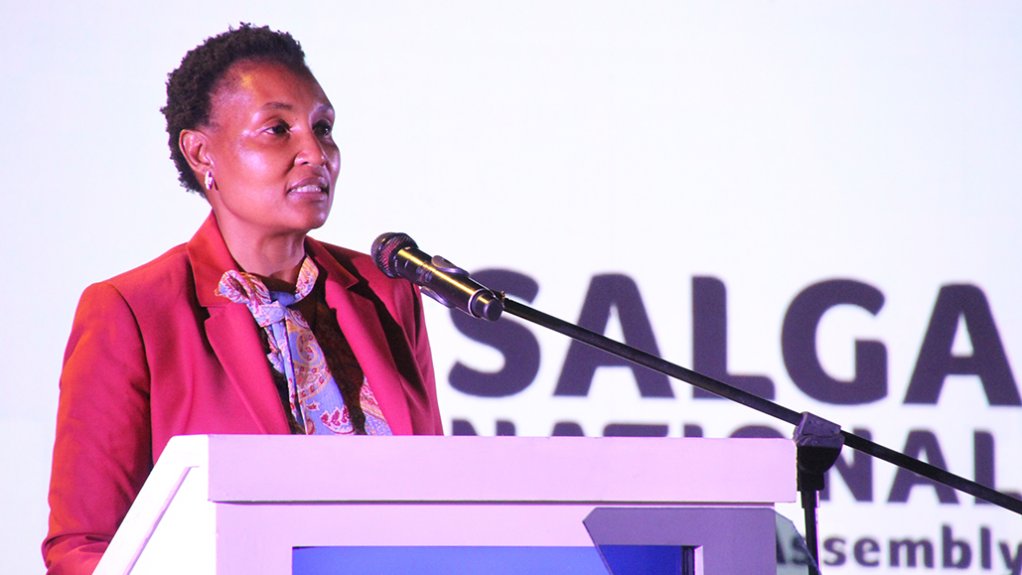Cooperative Governance and Traditional Affairs (Cogta) Minister Thembi Nkadimeng told delegates at the South African Local Government Association’s (Salga’s) National Members Assembly, in Johannesburg, on Tuesday, that there is hope to rid South Africa of an entrenched system of apartheid spatial planning, despite the as yet incomplete task being a daunting one.
Nkadimeng told delegates that access to basic services prior to 1994 was skewed and that services were provided mainly in the formerly white-occupied suburbs in the cities.
"As a government, we continue to [prioritise] the elimination of backlogs to provide basic services such as water, roads, electricity, low-cost housing, schools which were not provided for before," said Nkadimeng.
She reminded delegates that access to water had declined in provinces, owing to energy challenges and migration.
She said ensuring clean water remained one of the constant challenges at local government level.
An estimated 45.2% of households have been connected to water while a further 29.4% have access to water on site. Another 12.2% of people still rely on communal taps and 1.9% rely on neighbours' taps.
Nkadimeng urged delegates to work to increase access to water.
She also said there was a greater need and an urgency to deal with electrification as more people migrated to cities.
Touching on unemployment, she said job creation should also be looked at in terms of councillors’ skills.
She said while the Cooperative Governance and Traditional Affairs Department did not have the intention to run all 257 municipalities, in the name of service delivery, her department was obliged to assist.
EMAIL THIS ARTICLE SAVE THIS ARTICLE ARTICLE ENQUIRY
To subscribe email subscriptions@creamermedia.co.za or click here
To advertise email advertising@creamermedia.co.za or click here











